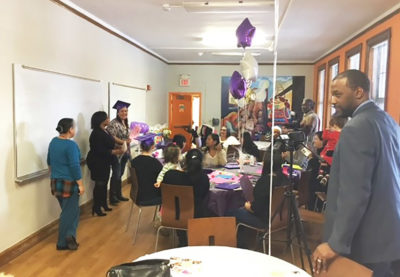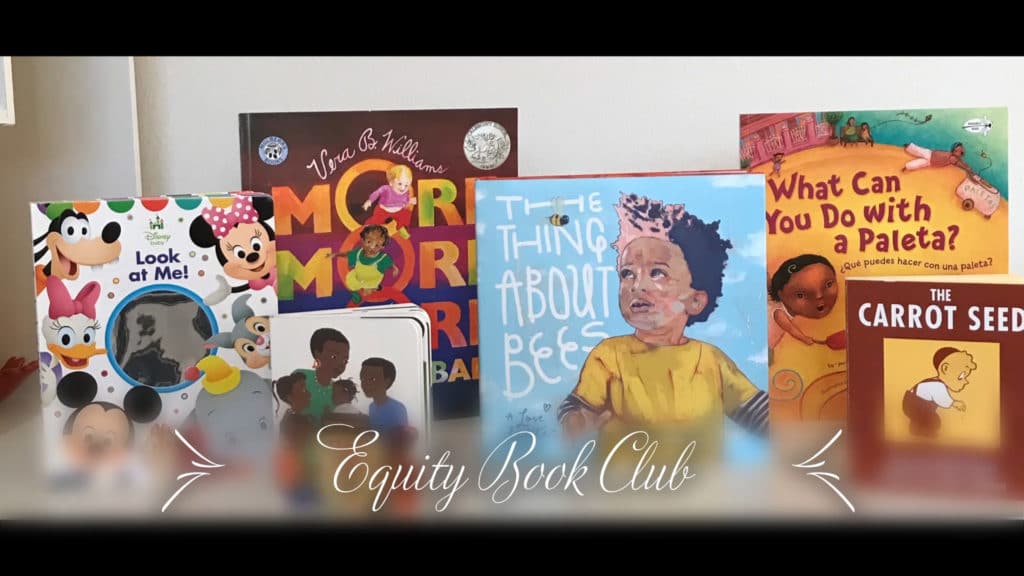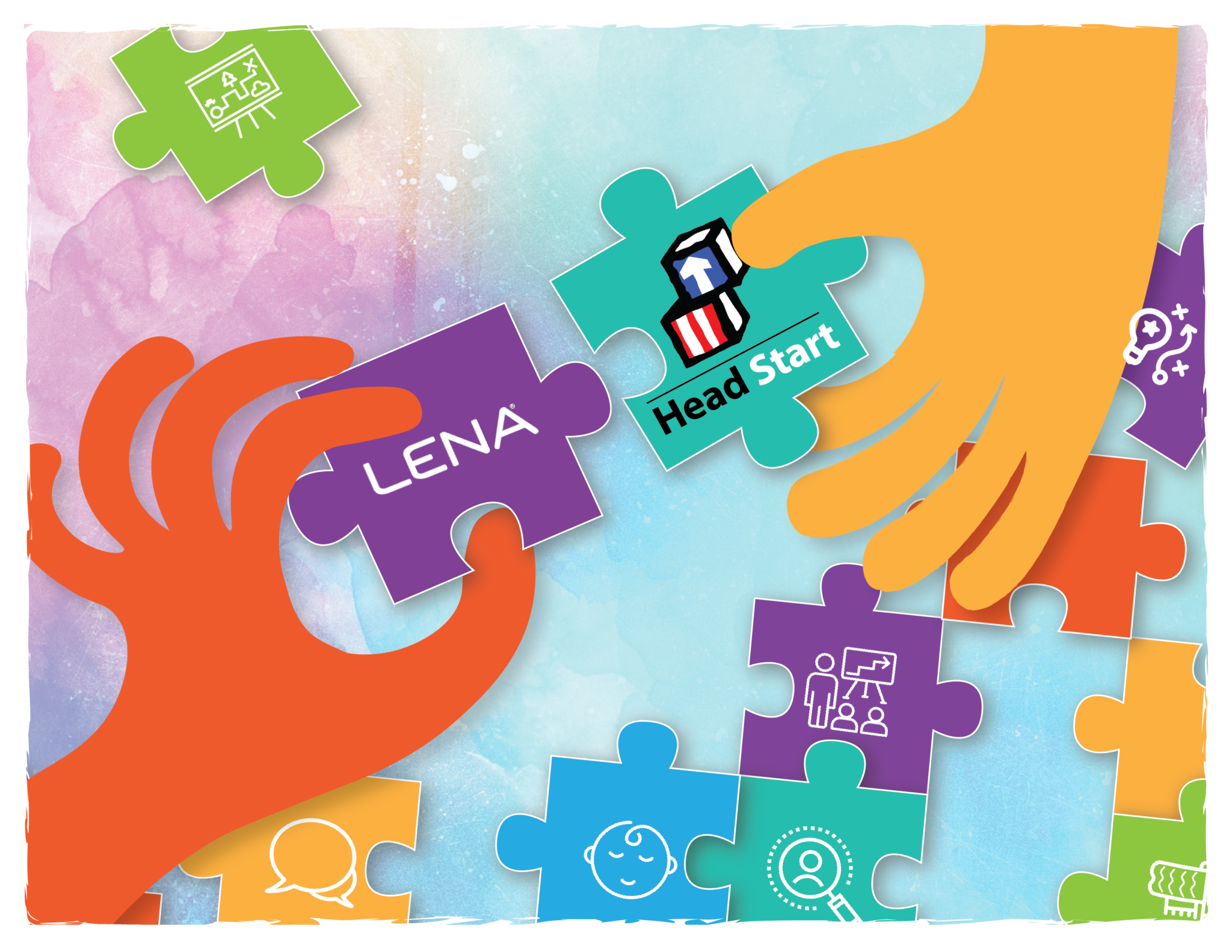While February is Black History Month, we know that the movement for equity exists every day and every year. This month, however, offers an opportunity for all of us to intentionally reflect on our personal stories and how our organizations strive to be more diverse, equitable, and inclusive with an emphasis on the legacy of African American leaders.
At LENA, we believe that our work ensuring every child has a rich language environment is an effort to pursue justice for all. As adults, it is our responsibility to affirm the identities of children and to interpret the experiences and history of this country for them. Engaging in conversations and teaching issues of diversity and equity are a critical component to reaching our children.
Please join us in celebrating the work of so many leaders who came before us, while we also work intentionally to develop the leaders of tomorrow. Below, hear reflections from two of our partners whose work we deeply admire on the importance of Black History Month and how they integrate their personal beliefs into their professional work:
Reflections from Kenyatta Stephens, CEO of Black Family Development, Inc., in Detroit, Michigan:


Families gather to celebrate graduating from Black Family Development, Inc.’s LENA Start program.
Bridging our personal beliefs and our professional work is deeply important. LENA Start allows Black Family Development, Inc., (BFDI) to champion with families of color to bring early childhood literacy essentials into Black and Brown communities. BFDI is pleased to collaborate with its expert staff, heroic families, and community partners to elevate families who are doing the hard work that will change the trajectory of their children’s lives into the future generations. As an organization, BFDI is pleased to promote and advance equity by bringing science-based practices to underrepresented communities.
Our push towards equity is also visible in the process of elevating parents into agency employment opportunities, so that they are experts who can communicate their stories and be of support to countless other parents. Additionally, BFDI relishes every opportunity to highlight youth, adults, families, and communities that have navigated through challenges into hope and healing. Black History occurs every day. BFDI is honored to be a part of elevating history-making leaders (families and communities) and partnering with them for change daily.
Hear more from Kenyatta Stephens in this webinar on how their organization implements programming through a racial equity lens to achieve their mission.
Reflections from Angela Mitchell, TA Specialist at Early Learning Coalition of Escambia County in Pensacola, Florida:

At the Office of the Early Learning Coalition, this looks like an Equity Task Force that provides training for employees to advance equity in our communities. The Early Learning Coalition (ELC) of Escambia County launched a book club for pre-school teachers to discuss how we translate equity to children through books. One of the books being discussed is “The Thing About Bees” by Shabazz Larkin. The book is a poem to his two sons about overcoming the fear of bees while appreciating what bees offer the world. The book highlights the various types of bees and the purpose of each one. The book club discussion translates into how to use the equity lens to appreciate and celebrate each skill set and personality of all children and families in their care.




